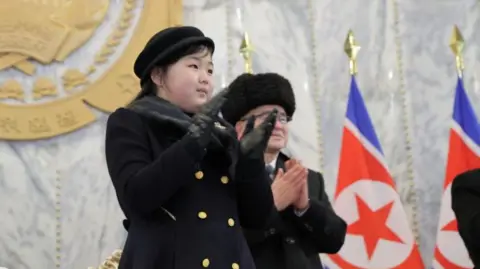In a significant setback for global environmental efforts, diplomats gathered at a United Nations conference in Busan, South Korea, concluded a crucial round of talks without reaching consensus on the world’s first treaty addressing plastic pollution. The delegates announced that discussions would resume in the coming months, as significant disagreements lingered on crucial aspects of the proposed treaty.
Amid ongoing global environmental challenges, nations produced approximately half a billion tons of plastic annually, a staggering increase that has more than doubled since the early 2000s. Delegates struggled to reconcile differing viewpoints, particularly on the sensitive issue of whether the treaty should encompass controls on plastic production. Major petroleum-producing countries strongly opposed these measures, promoting an agenda focused on enhancing recycling practices over limiting production. Given that most plastic is derived from petroleum, such opposition poses considerable hurdles.
Stark differences emerged regarding the urgent need to phase out toxic chemicals used in plastics, along with disagreements on the financial responsibilities tied to enforcing the treaty. Rwandan delegate Juliet Kabera emphasized the necessity for a comprehensive agreement, expressing her concern over dissenting countries' reluctance to embrace transformative measures: "Rwanda cannot accept a toothless treaty," she stated firmly.
Saudi Arabia and other oil-rich nations, including Russia and Kuwait, argued for a redefined approach that emphasizes pollution rather than limits on production. Saudi delegate Abdulrahman Al Gwaiz asserted, “If we address plastic pollution, there should be no problem with producing plastics. The problem is pollution itself, not plastics.”
Environmental activists have reiterated the call for a pioneering, binding treaty that effectively confronts the plastic crisis. During the negotiation week, demonstrators in Busan visually highlighted the urgency of the situation by rallying around a striking model of a sperm whale, stuffed with plastic waste, accompanied by rallying cries like “Courage not compromise.”
As the negotiations wrapped up with no commitments made for the timing or location of future talks, the world watches closely, hoping for concrete commitments in the battle against plastic pollution.



















